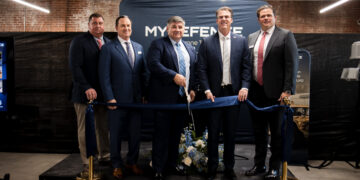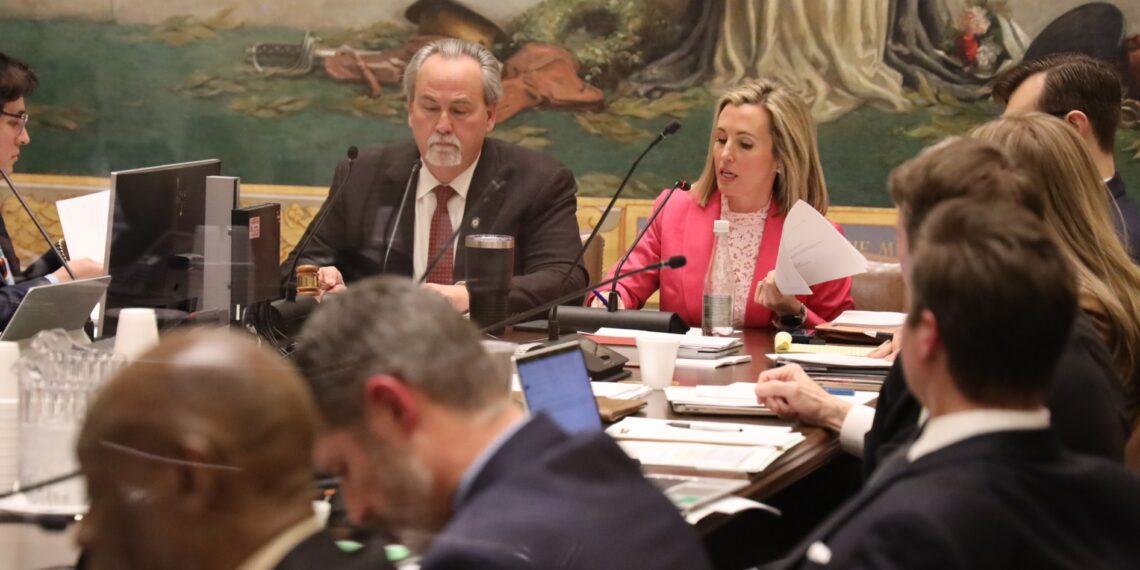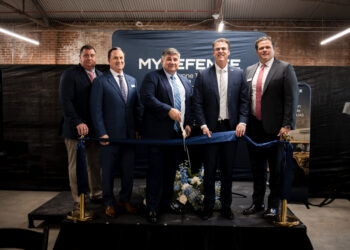OKLAHOMA CITY (OBV) – A bill that aims to revolutionize economic development and business retention and recruitment in Oklahoma overcame its first legislative hurdle on Monday.
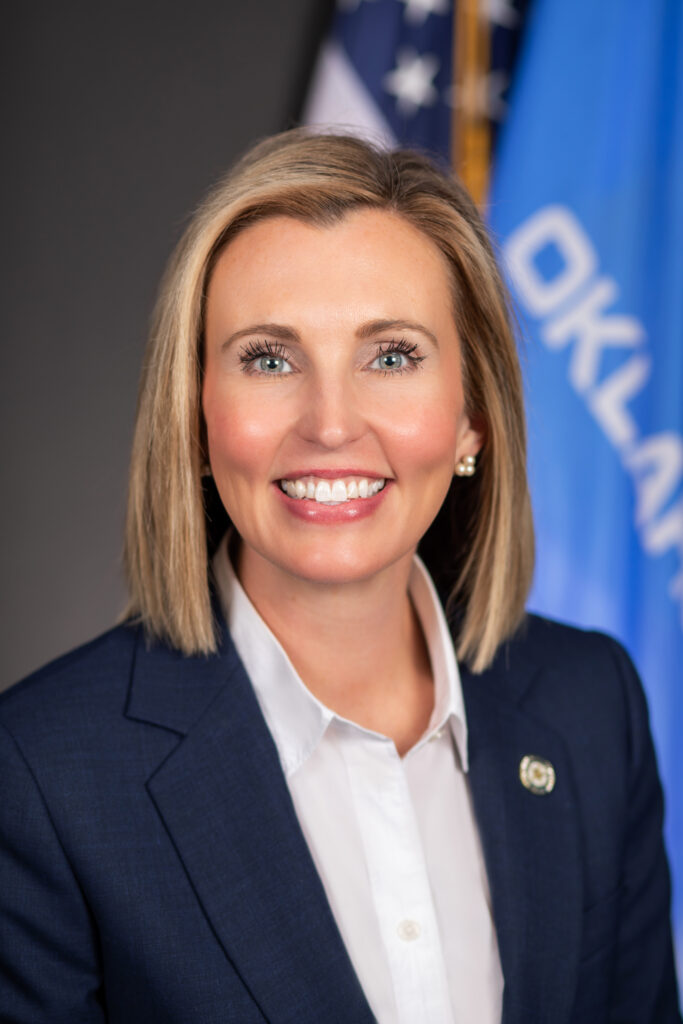
Senate Bill 1447 passed the Senate Business and Commerce Committee with a 12-1 vote.
“This is going to transform the way Oklahoma does business,” Sen. Kristen Thompson, R-Edmond, said after the bill passed the committee. “We are taking economic development, business development, growth and expansion and we are going to highlight it. We are going to put someone in place as the CEO of this agency who is laser-focused on economic development and expanding what we are doing well and improve in all of those manners.”
SB 1447 establishes the Oklahoma Office of Economic Development, Growth and Expansion (OkEDGE) and the Legislative Evaluation And Development (LEAD) Committee.
Thompson and Rep. Mike Osburn, R-Edmond, wrote SB 1447 with an aim to create a new entity within the Oklahoma Department of Commerce, OkEDGE, and focus it exclusively on business and economic development in Oklahoma.
“This is going to be laser-focused on recruitment of new businesses and also very, very intentional with supporting our existing Oklahoma companies to help them grow,” Thompson previously said. “We have learned over the last year of really in-depth conversations that our current structure is just not very effective. And so we are going to rework the way that Oklahoma does business. That way we can really move the needle on economic development.”
OkEDGE is designed to have a board comprised of commissioners appointed by the governor, Senate president pro tempore and speaker of the House of Representatives. A provision requires that at least one of each set of appointees comes from a community of 100,000 residents or less.
“We’re being very intentional on recruiting engagement from our rural communities as well as our urban and suburban communities. That’s something that’s very important to me,” Thompson said. “I grew up in a small town and I know how important economic development is not only to our metros but also to our rural folks to provide jobs and growth out there as well.”
OkEDGE will develop initiatives to spur economic and business development in the state.
The LEAD Committee will consist of five Senate members and five House members and be chaired by the Senate pro tem and House speaker. The committee will review and determine each initiatives viability and benefit to Oklahoma.
“The goal here is that we are going to be very intentional on vetting projects, honoring the non-disclosure and being very, very intentional,” Thompson said.
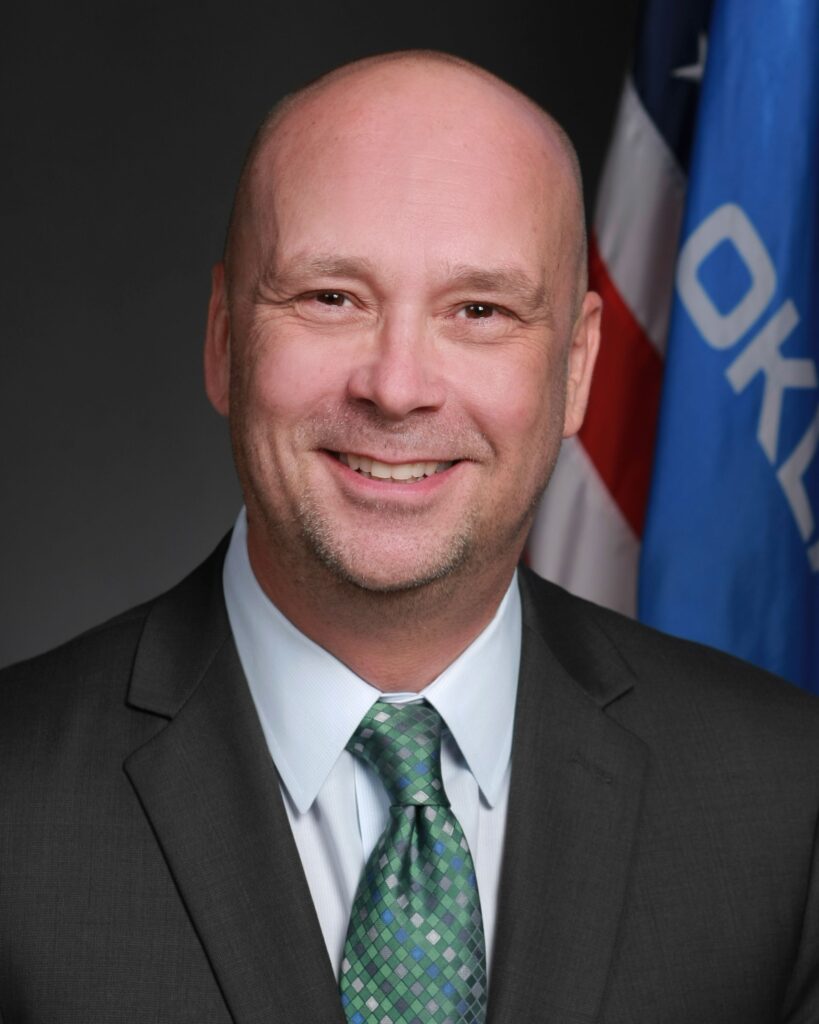
The bill was written after major companies, including Panasonic, Tesla and Volkswagen, chose to not build factories in Oklahoma. It also seeks to dissuade major companies from leaving Oklahoma. Michelin representatives announced late last year that the company was closing down its factory in Adrmore, which employs around 1,400 Oklahomans.
OkEDGE will work to ensure that no other companies choose to leave Oklahoma.
“Existing businesses and communities can get the support they need from the state so they can be successful and will stay in Oklahoma,” Osburn said. “The new commerce will provide communities with technical assistance on infrastructure, site development, federal funding, grant writing, economic incentives, economic analysis and will coordinate with other state agencies like the Department of Transportation, the Water Resources Board, the Broadband Office, to create a strategy for and support necessary infrastructure improvements.”
A complimentary bill, SB 1448, will create a multimillion-dollar fund for OkEDGE’s economic development efforts.
The OkEDGE proposal includes a one-time investment of $698 million into an economic development fund. Thompson said projections show that interest from the investment will produce an 8 percent return on investment, which amounts to an annual allocation of $55.84 million specifically designated for economic development, business retention and expansion efforts.
Thompson said $698 million is the figure Panasonic requested from the state last year during negotiations to compel the company to build a factory in Oklahoma. The Oklahoma Legislature approved the amount requested by Panasonic, but the technology company chose to not build a factory in Oklahoma.
“The legislature already said they were willing to give that money to a new business. I felt like that was an appropriate number to ask for,” Thompson said.
Lt. Gov. Matt Pinnell fully supported Thompson and Osburn in their development of the legislation.
“This is not legislation that we just put together over the last couple of weeks. It has been a nine, 10 month process of talking to stakeholders across 77 counties, rural, urban, pulling in legislators from day one, not day five, not day 10, not two months into the process, but having the legislative bodies obviously there at the beginning of the process,” Pinnell said. “I think it has prepared us to be very successful this legislative session to get this legislation across the finish line.”




